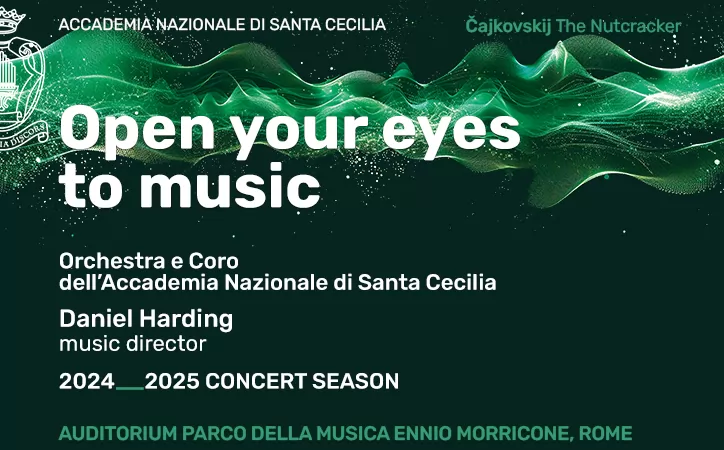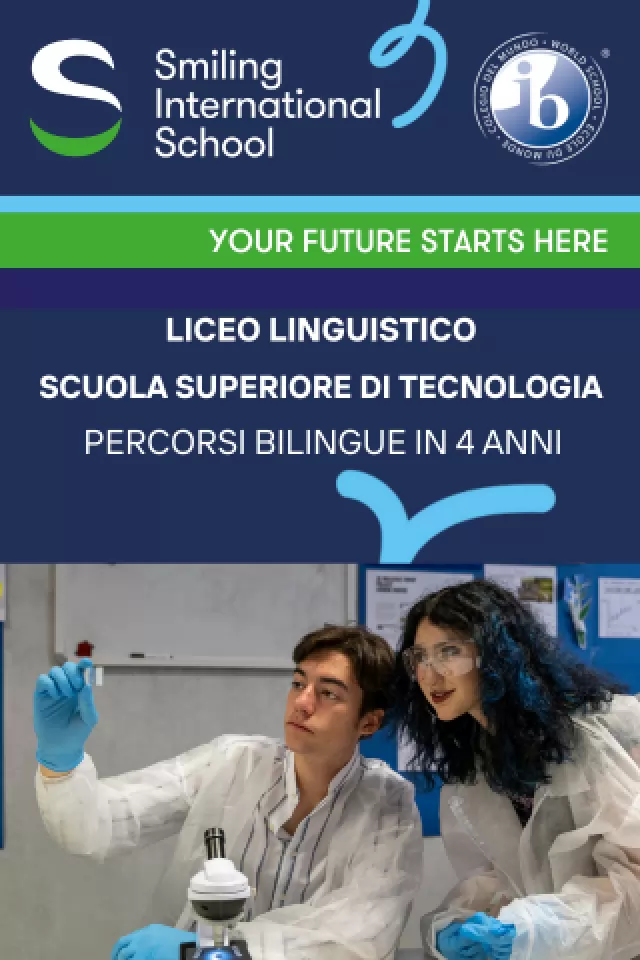What happens when English meets Italian
From 'backuppato' to 'zoomando': anglicisms as language enrichment or self-harm?
As an alternative to foreign travel, one could take a pleasure (or horror?) tour along the frontiers where English and Italian meet, all without having to move a centimetre.
Take backuppato: Using the same term, a friend from Verona stopped my ever-shaky Italian comprehension in its tracks. “Scusami, un inutile anglicismo,” he explained, recalling an italicised category that peppered his father’s 1930s Palazzi dictionary. “Ah, backed up,” the penny dropped.
We laughed. “Bruttissimo,” he added, as we puzzled over a spelling for this new entry, up there with cliccatore, hackerato (mute ‘h’), sfriendare, zapping, zippati / compressed in form of a zip file. Not to mention followare, sharare, or zoomando.
Italians now referring to a message sent via Whatsapp as a 'whatsappino', proving the Italian language can smooth out the ugliest words
— Tom Kington (@tomkington) November 16, 2022
Back in the 1930s the main objection to the use of foreign words derived from the fascist regime’s disapproval of things mainly American. A decree went as far as banning anglicisms in shop signs and adverts; transgressors risked six months imprisonment.
Indeed it was Cesare Pavese’s prowess as translator of Walt Whitman, of Edward Lee Masters’ Spoon River Anthology and Melville’s Moby Dick that first raised the authorities’ hackles, precipating events that would lead to Pavese’s internal exile. Linguists of the time, alarmed at forestierismi, conjured homegrown equivalents: barra not bar, balleria not dancing; more successfully, barrista not barman, autista not chauffeur, regista (film-director) not regisseur.
Loanwords
In the last two, yes, the intruder is French, transalpine borrowings, from the Enlightenment on, being dominant. In 1945 63.7 per cent of loanwords were francesimi, only 21.4 per cent of them English, says one estimate. Come the 1950s, following the vectors of postwar commerce and technology, all that changed with a boom in (mostly American) anglicismi. Between 1980 and 2000 the rise was calculated at 163 per cent.

Trans-lingual headlines
“Smeralda, una vera smart city sul mare.” “Fontana, le chat e i camici.” “I zigzag dell’uomo forte di Minsk.” “Smalling: Pressing sullo United.” Once your attention has been grabbed by the headlines, below the large print it’s back to Italian; in the article itself anglicisms tail off.
For example “5.3 milioni di euro scudati tramite voluntary disclosure”. Or this trans-lingual salad served up by Italian newspaper Corriere della Sera: “Ingorgo [traffic jam] di jet set internazionale a Porta S. Pancrazio, Berline di lusso, minivan con vetri oscurati, e bodyguard in smoking e auricolare [earphones], pronti a fare lo scudo [shield] per salvaguardare la privacy dei super VIP.’
Covid terminology
Fast forward and covid-19’s “Boom in Contagi” is also partly linguistic, negative phenomena tending to generate foreign expressions: termoscanner, movida no mask, tamponi drive-in, barriera per i droplet, il contact tracing. As if the effects, couched in a different language, were more easily kept at bay. Further lexical distancing informs headlining “Incubo cluster” as focolaio gets pushed aside by sinister-sounding English intruder.
Latin
However purist qualms lift about the word “screening” on learning that it's from Latin, once signifying the rood-screen of a church. Then there’s lockdown for confinamento. One possible justification is phonetic pungency; those two sharp monosyllables strike home whereas Italian’s expansively mellifluous five do not. Of course, borrowing can be reversed: “quarantine” reaches us via 15th-century Venetian quarantena, flu via Italy’s homonymous 1743 influenza epidemic.
As in dumping, auditing and lo spread, a psycho-linguistic element continues when discussing finance. Likewise in crime-reporting: the pages of Rome newspapers abound with le baby gang, operating now in Trastevere, now in EUR, male or in a recent instance female. Take Raid sul bus, due arrestati, confusingly pronounced “ride”.
Anglicisms imply exclusion, a naming and shaming where crime is rendered so as to make it seem foreign even when committed locally: stalker, or le donne stalkerate da Weinstein; pusher for spacciatore; killer for sicario; a broker for mediatore. Scarcely criminal, pub-crawl replaces escursione etilica. Fortunately muggers, outnumbered by more venial borseggiatori / bag-snatchers, have yet to enter Il Vocabolario. Unlike strozzini / usurers: the referent, bank-loan being near-impossible, remains unassailably Italian.
Conversely, like l’ingresso walk-in at Italian tycoon Flavio Briatore’s nightclub Il Billionaire, anglicismi can confer status. At least when pronounced correctly. Lo smoking / tux duly donned, one might attend i dinner event, have uno o due personal trainer or un entourage, so anglicism doffs a forelock to once more glamorous French.

Political terms
Renzi’s Jobs Act, later Stepchild Adoption, Recovery Fund, il Welfare: all play away; Italian citizens sign petitions insisting the home language would be preferable. Words for prestige then, but also as smokescreen.
Guidelines from Italy's education ministry feature flipped classroom, know-how, future labs, team dei docenti. (cf. Giacomo Pepi’s “L’antilingua dove il verbo insegnare non c’è”, La Repubblica, 25 August 2020.)
With milioni di follower, last and most come gli influencer – type of swimsuit (or trunks) and well-honed body making up for any lack of ideas. Roll over Maria Montessori or Emily Pankhurst, last century’s movers-and-shakers.
Football
Lexically the next happy-stamping ground is sport. To describe Serie A’s ageing centre-forwards, bomber nonni has an assonance which “grandad strikers” lacks. After the national team’s World Cup wins in the 1930s, anglicisimi were purged. Yet il calcio (from Latin calx / heel) entertained Renaissance Florence; classical Roman friezes field footballing legionnaires. Ever since the transfer-market went international, anglicismi have made a partial comeback.
Regarding usage, for the latest state of play here are some half-time results: Italian 1–Anglicismi 0 for calcio – not football or kick; portiere – not goalkeeper; stopper – not central defender; rimessa laterale – not throw-in; fallo – not foul; rigore – not penalty; traversa – not crossbar; palo – not post; parata – not save.
And aways? Anglicismi 1–Italian 0 for ‘cross’ or crossato – not attraversare; dribblare – never sbavare, cf. “Virginia Raggi dribbla i giornalisti.” Italian 1–Anglicismi 1 for rete and/ or gol, commentaries deploying an operatically long ‘o’; calcio d’angolo and/or corner; fuori gioco and/or d-less off si…’
Beyond the pitch, draws include badante – carer; bufale – fake news; passatempo – hobby; tessera – badge, pronounced bedge.
Sporting terms
Elsewhere in the sporting arena word-parts go missing, truncation signalling change in ownership. For example, basket for basketball. Some words alter completely; jogging becomes footing; cycling’s rush finale, by inter-lingual gear-shift, is sprint to the line. Tennis’s ace, lob, smash help commentators keep up during high-speed rallies, replacing Italian’s polysyllables left floundering however many points behind. “Game, set, match” to Pragmatics.
Arguments for or against loanwords are ancient. A first century BC tract on rhetoric intones Novum verbum novitate offendet / New words offend by their very newness. Or perhaps not? Finally does it matter either way? Dante at one bookend, six Nobel laureates for literature at the other, surely Italian can look after itself.
Meanwhile anglicisms which stick do so presumably for a reason. “Flirt” outmatches breve relazione amorosa. “Boom” is more dramatically succinct than periodo di intenso sviluppo economico – and in relation to current covid-19 cases. “Sit-in” acts as a mini-zip file for raduno di dimostranti che, stando seduti per terra, occupano un luogo pubblico (Zanichelli).
Middle English
David Crystal’s The Stories of English painstakingly puts Shakespeare’s coinages at 2,035 – largely from Latin or Italian, the foreign language then in vogue. Drearily monosyllabic Middle English was given another lease of life; variation of short words with long anticipates the plays’ ingeniously alternating registers of sound and sense. To second Andrea Marcolongo, “A language changes or rather mutates, because it’s alive, anchored in its speakers' everyday experience.”
Varying long words with short, could anglicismi also prove a blessing in disguise? The jury is still out.
By Martin Bennett
This article was originally published in the November 2020 edition of Wanted in Rome magazine.
















